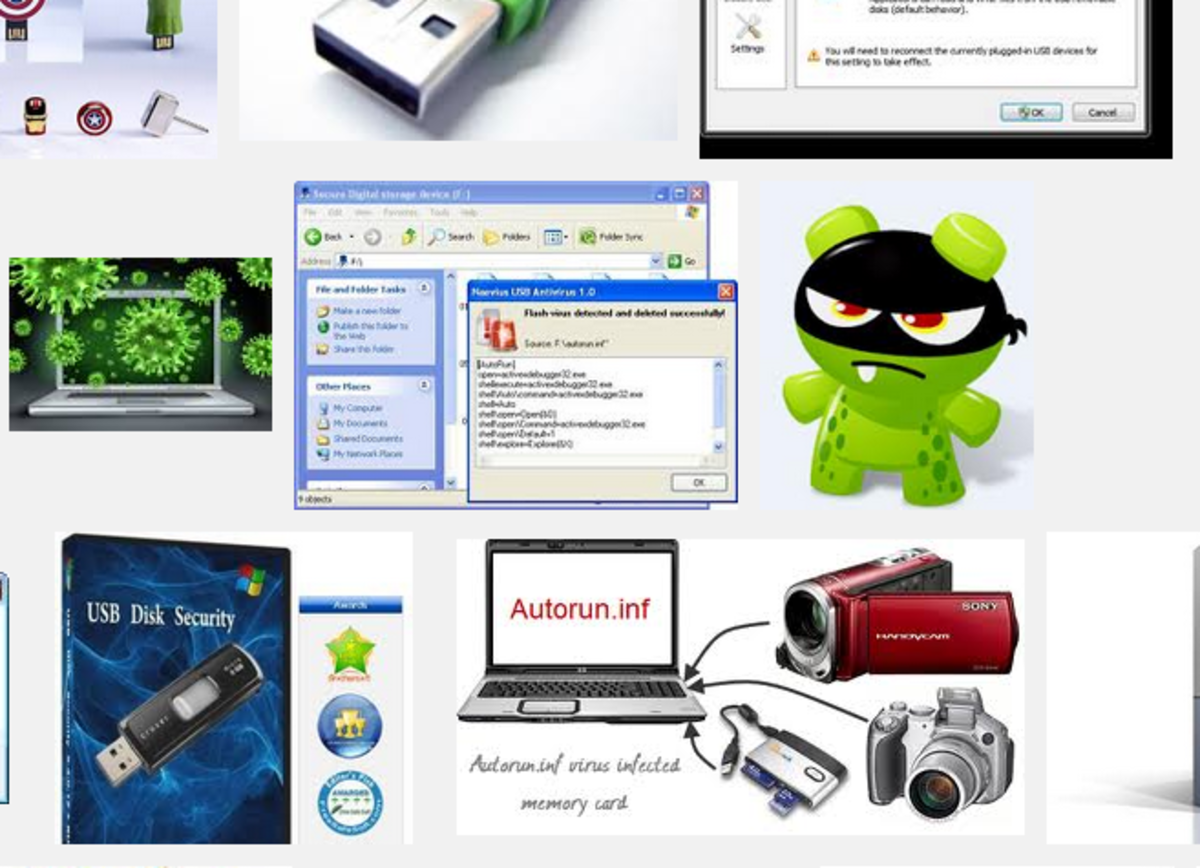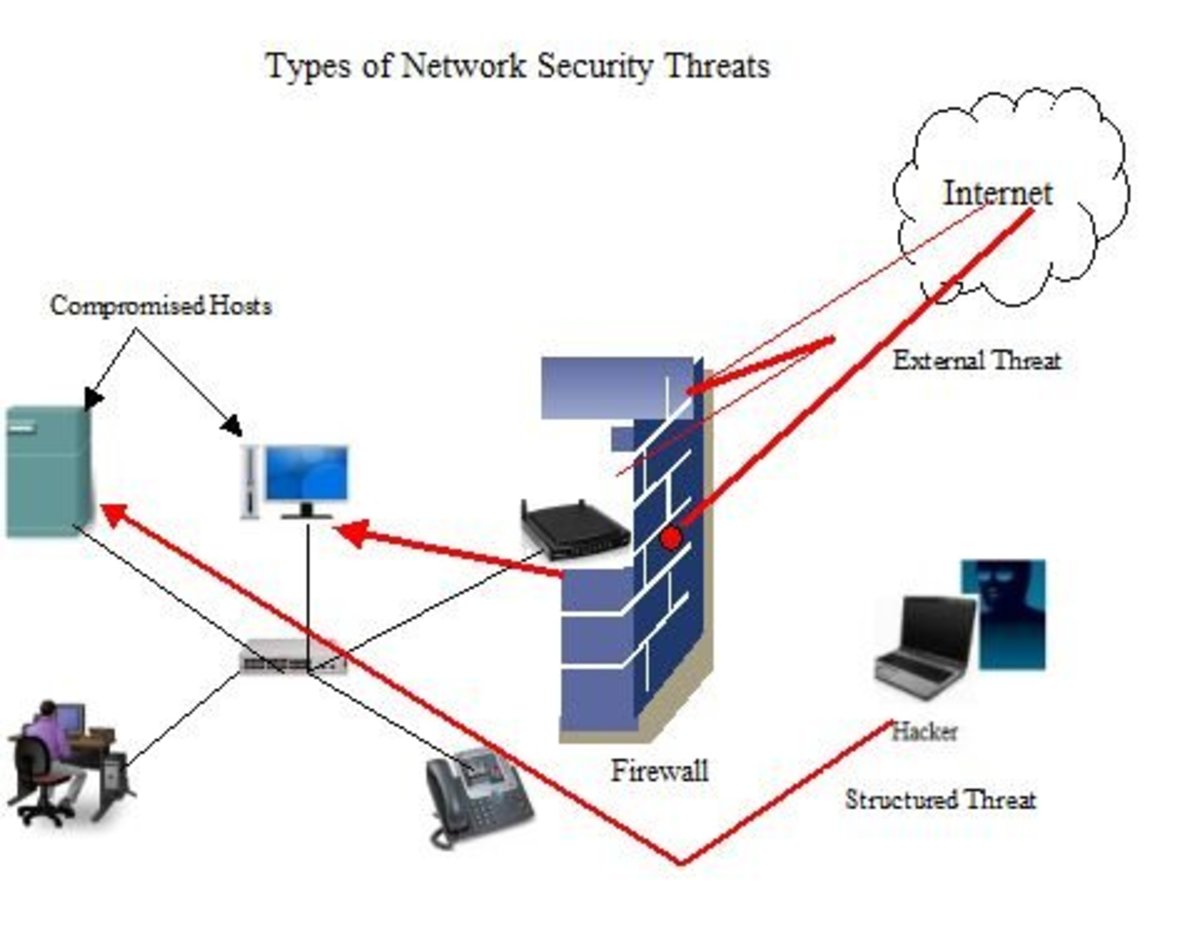Panda Antivirus: Is It Really Secure?

The Demand
In these times of economic upheaval, everyone is looking for a deal. People are seeking whatever they can get for free. So naturally, when free security systems are offered for the pc, many people jump on that opportunity.
So I decided to hunt for freebies, and googled it. One of the most popular sites for downloads is cnet.com. I went on this site looking for the free downloads, and found several that were given high ratings. I figured, better safe than sorry, so I downloaded several of them. Mind you, this was the first time I tried this over a year ago.
First Attempt
Among the security systems I downloaded was the Panda system. Again, I downloaded several, but I only activated one. When I tried the Panda system, I started having conflicts on my computer almost immediately, and a window popped up saying that the program had some issue and could not function. That time, I simply deleted the program, but apparently, not before it had done some damage to my system.
At the time, I didn’t realize that the problems I was experiencing on my pc were directly the result of this Panda system. I activated another system, AVG, and it worked very well, but the problem was already in my system, and I had to take the pc for repair due to a virus. Again, I made no specific connections at that time to the Panda system.
Are You A Writer?
If you are interested in making money online while writing? Hubpages is a great community to write in!
Second Attempt
After my pc was returned to me with a clean bill of health, I reinstalled the free AVG system, and had been happily using that ever since, as the system is very good. However, a pop-up window for AVG asked if I wanted to try a trial of their pro system, so I agreed. When the trial was over, I wanted to go back to the free system, but didn’t know how.
Since the AVG was telling me that the trial was over, and I’d have to pay to activate the system, and, that my system was now unprotected; I went back to cnet.com and downloaded a few more free systems. Once again, the Panda system was among those I downloaded, as I decided to give it another shot, seeing as how my pc was now devoid of the issues it had been having the first time.
I activated the system and ran a scan. It told me everything was fine, but continually had an annoying pop-up that it never gave an exit out or close link to click out of, trying to push me to buy the pro version. That in and of itself wasn’t the problem.
Unscrupulous Business Practice
The Panda company; in an attempt to make sales; has apparently hired some techs that can create viruses, and have a virus implanted in their free system. This virus does not activate immediately. That would be too suspect. No, this company is rather devious in their attempt to get into our collective pockets, and have devised a way to take advantage of thrifty people.
The virus is created to activate within a set amount of days on your pc...like within a week, so that you will see the need to purchase their pro system for better protection. How do I know this is true?
As soon as I activated their system, once again, my pc immediately started having problems and conflicts. I first thought it was a conflict between the AVG system, and the Panda system, but the AVG system could not run because it was no longer activated.
Taking Action
I decided that I would delete the AVG system, to eliminate the problem and conflict. When I went to uninstall it, a pop-up told me that I didn’t have to uninstall, but that I could go back to using the free AVG program, so I opted to do that.
Once that security system was back as functional, I ran a scan. Guess what that scan showed me? A virus was in my system. But, guess where it was located? It was in the C drive, in programs, in the Panda program with several file extensions, but all extensions named the virus. So they created a virus to infect people’s system, so that they would feel like they needed the better security of their pro system, and thus, they would buy it.
Of course, if I was a cursing person, I probably would have swore, but once I realized that the panda security system was what had unleashed the virus, I connected the dots, because of the previous problem I had, and the virus my pc had gotten when I had downloaded that system before. I immediately set about to remove the program.
Of course, I couldn’t-at least, not right away. I spent the last week fighting with the system, trying to get that virus and that Panda program out of my system. I did several diagnostic runs, giving the pc a command to scan and clean. I did several system restores, and even multiple registry fixes, as well as a defrag.
I did manage to get the virus out, but the cost was my mouse. I can no longer left click on my mouse and get any results. Every once in a while, I can right click, but overall, I’ve had to try utilizing my laptop with the keyboard shortcuts, which is a very time consuming, frustrating endeavor. So this has cost me. I had to send the laptop to get repaired, and I am now writing to you from the library.
My recommendation? DON’T USE THE PANDA ANTIVIRUS SECURITY SYSTEMS! Knowledge is power, and once you have knowledge of a fraudulent, unethical company, why would anyone want to utilize their services? It's my understanding that there are a few companies out there doing this sort of thing, so be wise in your selections and be careful.

![Webroot Internet Security Complete 2016 | 5 Devices | 1 Year | PC [Download] [Obsolete]](https://m.media-amazon.com/images/I/41mPdHBWmfL._SL160_.jpg)








